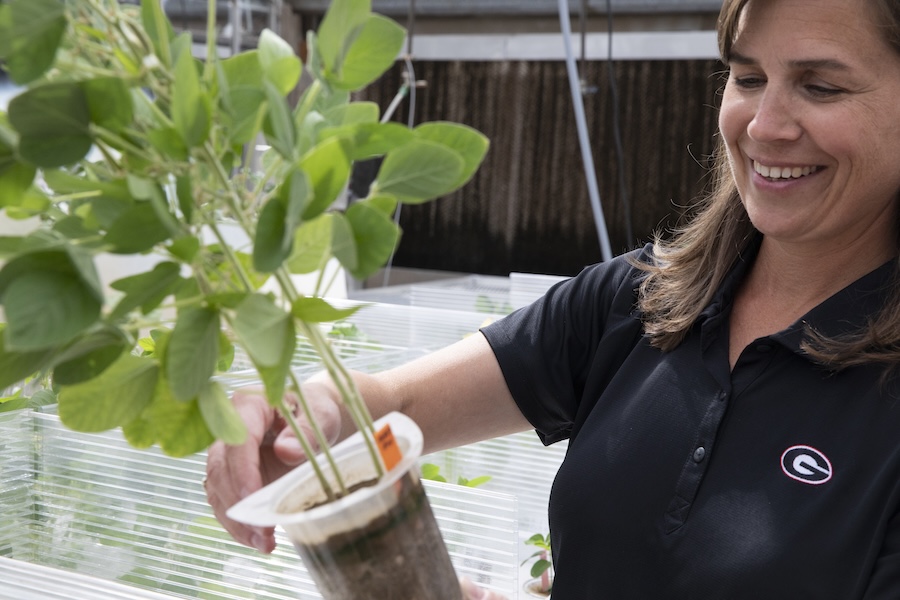By Faith Peppers
University of
Georgia
“Food prices are going up dramatically,” said John McKissick, an economist with the University of Georgia College of Agricultural and Environmental Sciences. “Prices are already up 6.5 percent compared to February last year.”
The CPI is a measure of the average change in prices over time of goods and services purchased by households.
Energy and commodity prices will likely continue to go up, he said. This will cause food prices to go higher, too, especially meat prices, which have increased 4 percent in the last year.
“On meat, the biggest energy factor is grain being taken out of production for feed to be used for ethanol,” he said. “It has driven all feed prices up including soybean, wheat and corn, due to the short supply. Grain prices are almost double the relatively high prices of a year ago.”
Due to the high price for feed, farmers are spending 40 to 60 percent more this year than last to produce poultry, pork or beef.
According to the CPI report, cereal and bakery products rose almost 2 percent in February alone. That’s the largest jump in a single month since Jan. 1975.
The prices for all processed foods will go up. Fruits and vegetable prices will go up, too, because they typically have to be shipped long distances to reach markets. That takes fuel.
Growing food and getting it to tables takes a lot of energy, McKissick said. That’s why energy is such a big influence on food prices.
“The packaging, processing and production of all our food, plus transporting it have all gone up dramatically due to energy costs,” he said. “The retailer can pass some of that cost on to the consumer.”
But the economic squeeze has caused some major poultry companies to announce poor quarterly earning reports and cutbacks.
The best grocery buys this year will be found close to home.
“Those products that aren’t as energy intensive like local fresh produce, including milk, that also aren’t transported as far will be the cheapest,” McKissick said. “They won’t go up as much, but they will go up because they still have to use energy for production.”





.jpg)
